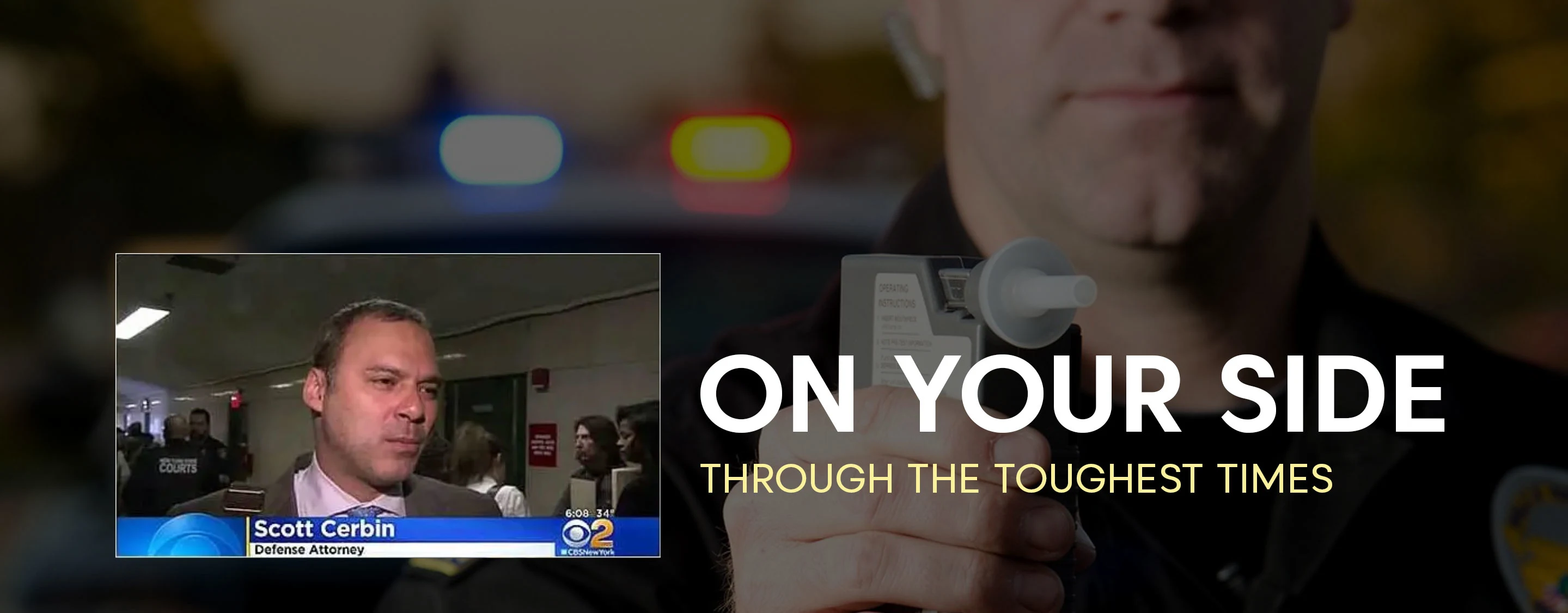ARE THERE DIFFERENT KINDS OF CONTROLLED SUBSTANCES?
On behalf of Law Office Of Scott G. Cerbin, Esq., PLLC posted in drug trafficking on Saturday, August 17, 2019.
You may know that it is illegal to sell a controlled substance in New York. However, you may not always know just what a controlled substance is. It is important to know how medications and other substances are classified so you can stay out of trouble.
Most substances fall into a tier system. GoodRX.com says substances are usually classified as either non-controlled or controlled, and the controlled materials usually have several sub-categories. Controlled substances are controlled because you can become mentally and physically dependent on them if you ingest these drugs for too long. The tier system lays out how addictive a drug is. It is usually harder to access the most addictive substances, and doctor’s offices generally have strict requirements for accessing the lower-level substances.
If a drug has a Schedule I status, this means that you cannot purchase it legally even with a prescription. These substances generally may be easy to abuse and they usually do not have a medical use. Schedule I drugs include heroin and cocaine. A Schedule II substance includes drugs such as Adderall and Vicodin. These drugs are controlled substances because you may easily abuse them. You can legally access these drugs if they have a written prescription. If a substance is a Schedule III drug, then it is less likely that you will abuse it. This category includes medications that contain codeine. Because some people may become dependent upon this classification of drug, physicians usually have refill restrictions.
The lowest classifications of controlled substances are Schedule IV and Schedule V drugs. Most of the time, it is unlikely that someone will abuse these medications. A physician may only allow a certain number of refill for Schedule IV prescriptions to ensure you use them responsibly. This category includes drugs like Xanax. A Schedule V substance includes medications like Robitussin AC. While there may be some narcotics in these medications, you typically do not have to follow a doctor’s requirements to access these drugs.
This information is intended to educate. It should not be used in place of legal advice.




